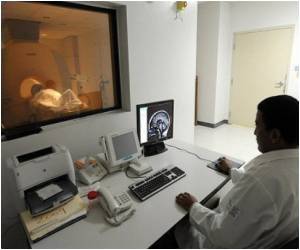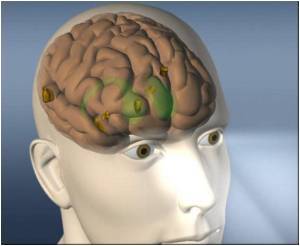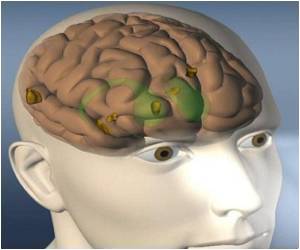
The evidence found by Cesar Gonzalez-Lagos, main author of the study and researcher at the Centre of Ecological Research and Forestry Applications (CREAF) associated with the Autonomous University of Barcelona, is correlative, not cause-effect.
"In the past, it was thought that one of the selective advantages of having a large brain is that it facilitates the development of new behaviour to respond to the ecological challenges that the individual has not experienced before, such as a sudden reduction in food or the appearance of a new predator," said Gonzalez-Lagos.
The results reveal that "species which have developed large brains live for longer than those with small brains, as the protective brain theory suggests, and therefore, can reproduce more times", the researcher stresses.
If the animal is protected by a large brain, this results in greater survival and a longer life.
"However until recently there has been little evidence and there had been no agreement on whether species with larger brains live longer," the scientist pointed out.
Advertisement
According to the authors, the evidence resulting from the study is "correlative", in other words they do not "necessarily" indicate cause-effect, but the analysis indicates that the link between a large brain and longevity is not only due to the fact that species with large brains are greater in size and develop more slowly, they also live in specific regions or share the same evolutionary ancestors.
Advertisement
The study has been published in the Journal of Evolutionary Biology.
Source-ANI













